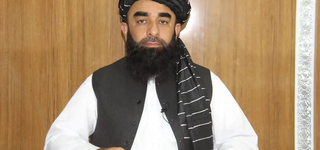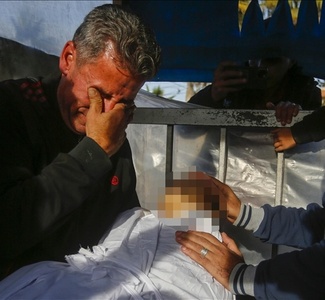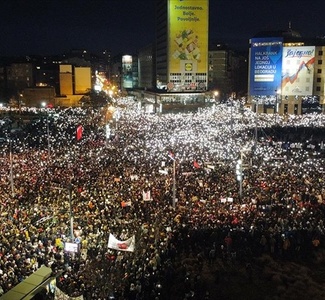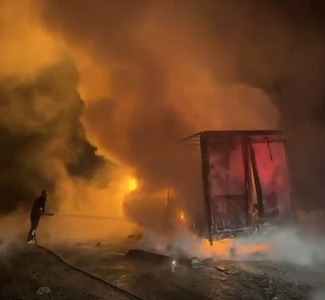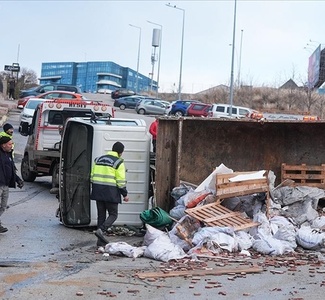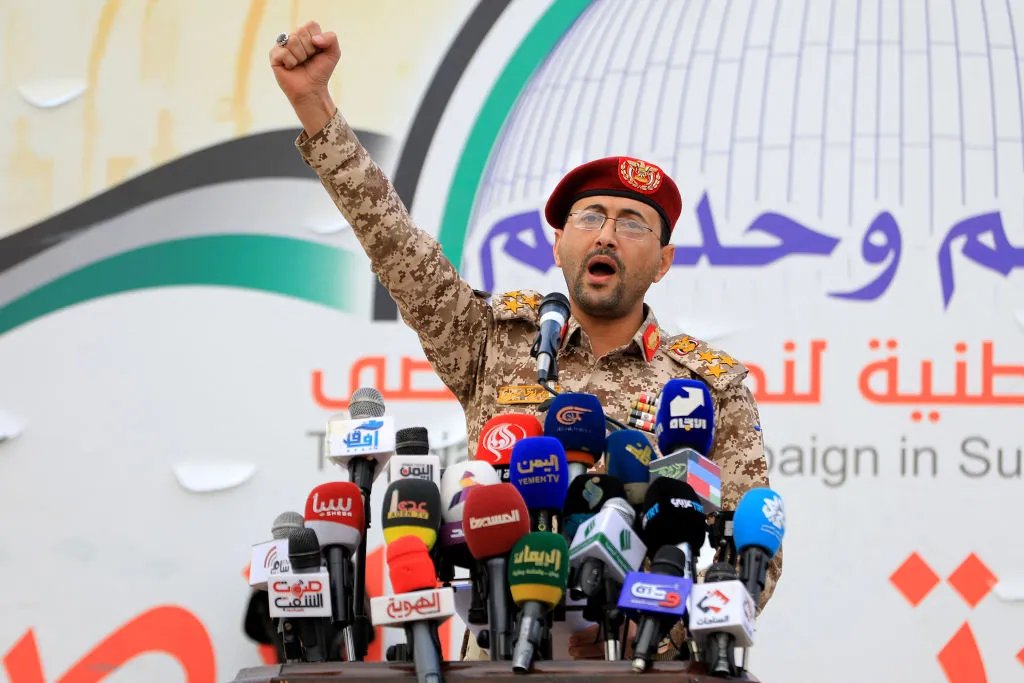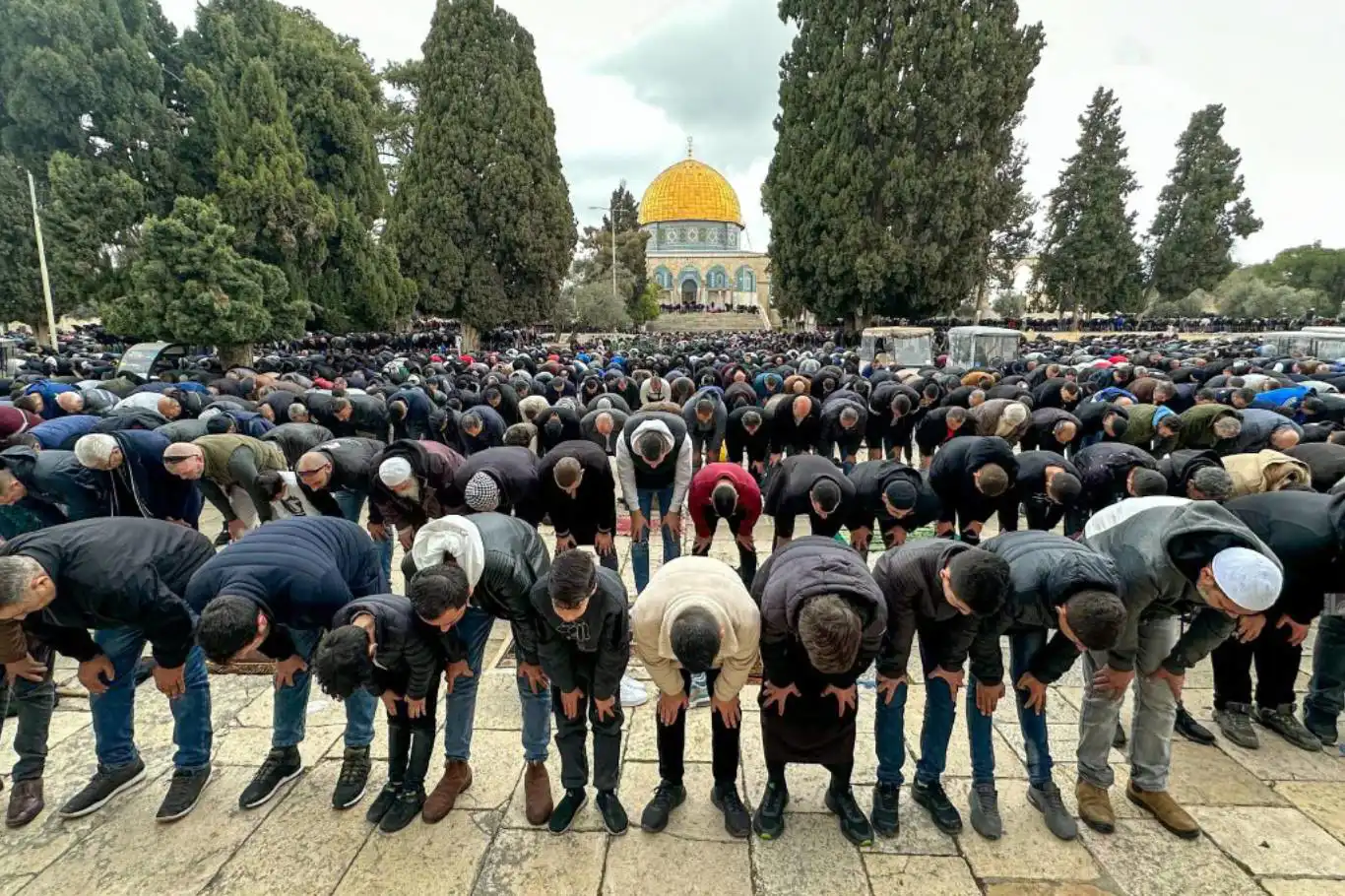Doctors warn of Akhras’s martyrdom
The wife of the prisoner, Maher Al-Akhras, who has been on hunger strike for 79 days, appealed on Wednesday to all free people to intervene and demand the release of her husband due to the severity of his health condition.

 Google News'te Doğruhaber'e abone olun.
Google News'te Doğruhaber'e abone olun. Taghreed Al-Akhras said that there is a real danger on her husband's life, pointing to the fact that he insists on continuing his strike until either freedom or martyrdom.
She said: “Two weeks ago, my husband's health condition gravely deteriorated and the doctors warned of his death at any moment.”
Akhras’s wife, who is next to him in the Kaplan Hospital, called on human rights institutions and the Palestinian factions to support her husband and secure his release.
The prisoner suffers from severe head and stomach pain, high pressure in the eyes, cloudy vision, and ringing in the ears. He also suffers from pressure in the chest area and he is unable to move.
The israeli Supreme Court refused during its session last Monday morning the immediate release of Akhras from Jenin.
The Muhjat Al-Quds Foundation stated that the israeli Supreme Court had contented itself with issuing a recommendation to release Al-Akhras on November 26th.
Akhras rejected this recommendation and confirmed his determination to continue his open hunger strike until his release and freedom, according to Muhjat Al-Quds.
Akhras faces extremely dangerous health conditions after entering the third month of his strike as he is unable to move and refuses to take supplements.
Akhras’s wife confirmed that he feels severe pains in the chest, eyes, head and stomach, and he is physically unable to support himself.
Akhras was born in August 1971, in Silat al-Dhahr town in Jenin, and he is a father of six children, the youngest of whom is a 6-year-old girl.
Akhras was subjected to repeated arrests that began in 1989, and his detention continued for seven months. The second time was in 2004 for two years then he was re-arrested in 2009 and remained in administrative detention for 16 months. He was arrested again in 2018 and was held in custody for 11 months, until his last arrest.
On 27 July 2020, he was arrested again and the occupation authorities ordered his administrative detention for four months. The Zionist court tried to circumvent his strike by resorting to what it calls a freeze on administrative detention, which does not mean the end of his detention.
Since the beginning of the strike, Akhras has been subjected to repeated transfers as an attempt to exhaust him and discourage him from continuing his strike. At the beginning of his detention he was held in the Hawara detention center then he was transferred to Ofer prison until he was transferred to the Ramla Clinic prison and finally to the Kaplan hospital. (ILKHA)































